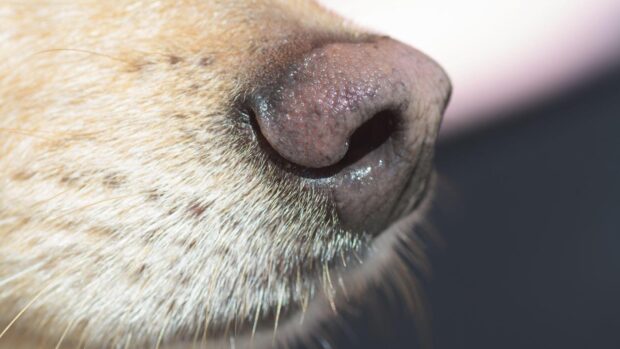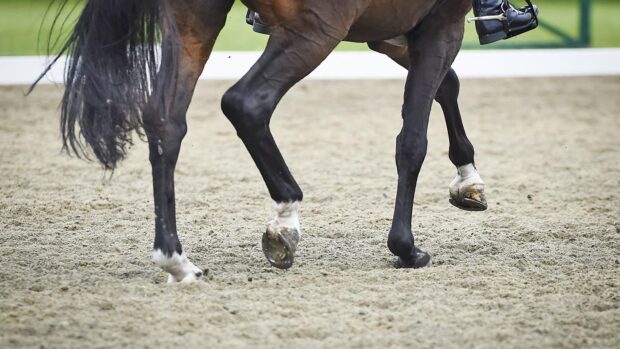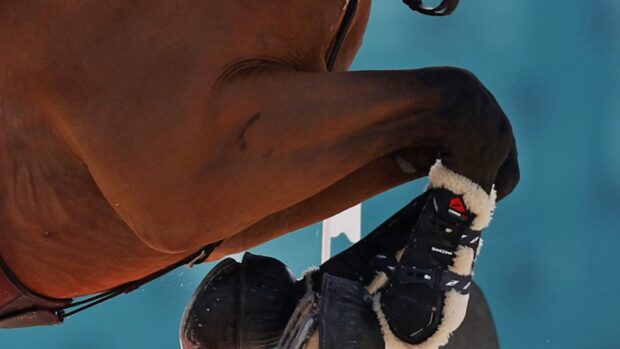No cases of human or equine doping were recorded in equestrian sport in Tokyo – as the FEI confirms a “comprehensive” review of the Olympic format will take place ahead of Paris 2024.
Of 38 tests carried out in Tokyo, on 24 Olympic horses, including all individual medallists and those placed fourth, plus at least one horse from all medal-winning and fourth-placed teams. Random and targeted testing was also carried out. Another 38 tests were carried out at the Paralympics on medal-winning horses, plus random and targeted testing.
Human testing at the Olympics was carried out by the International Testing Agency, an independent not-for-profit anti-doping organisation. The testing at the Paralympics was carried out by the Tokyo 2020 organising committee.
FEI president Ingmar De Vos said he was “very proud” to confirm, for the third Games in a row, that all human and equine samples taken in Tokyo had returned negative.
“This should of course be business as usual, but it would be naïve to think that clean Games are guaranteed in any sport. As with all sports in the Olympic movement, the samples will be kept in storage for up to 10 years for potential retesting as improved processes are developed to test for substances that were not reliably detectable at the time of sampling,” he said.
“For now, this result validates all the work that has gone into the FEI clean sport educational campaign over the years, the buy-in of our national federations and the uptake of equine pre-arrival testing and elective testing to ensure our horses would compete clean at the Games.”
Mr De Vos reflected on the Games including the format of the equestrian competition, which changed for Tokyo 2020 to include three riders in a team – instead of four.
“There is no doubt that despite the challenges our sport triumphed in Tokyo and we received lots of very positive feedback. But as always, there are plenty of lessons learnt and key takeaways,” he said.
“There will be a full debrief, which will include a comprehensive review of the formats. Part of that process will be taking into account the feedback we have already received and we are also proactively reaching out to our community to ensure we get extensive input. We will use the learnings from these Games to take forward to Paris 2024.”
Mr De Vos added that all medallists from this year’s Games deserve “huge congratulations”.
“We can look back on incredible sport at Tokyo 2020, with truly great Olympic champions in all three disciplines and in the five Paralympic grades, across both the team and individual competitions. We are blessed with sensational athletes, both equine and human,” he said.
“We all owe a huge debt of thanks to our Japanese hosts in Tokyo, especially to the unbelievably hard-working and dedicated organising committee and the wonderful volunteers. Nothing was too much trouble for them and while we couldn’t see the smiles behind the mandatory masks, we could feel the warmth in their hearts.”
You might also be interested in:

Format debrief as key aim is to keep horses at the Olympics

New three-rider format causes ‘carnage’ in Olympic showjumping, say riders

Subscribe to Horse & Hound magazine today – and enjoy unlimited website access all year round
Horse & Hound magazine, out every Thursday, is packed with all the latest news and reports, as well as interviews, specials, nostalgia, vet and training advice. Find how you can enjoy the magazine delivered to your door every week, plus options to upgrade your subscription to access our online service that brings you breaking news and reports as well as other benefits.




